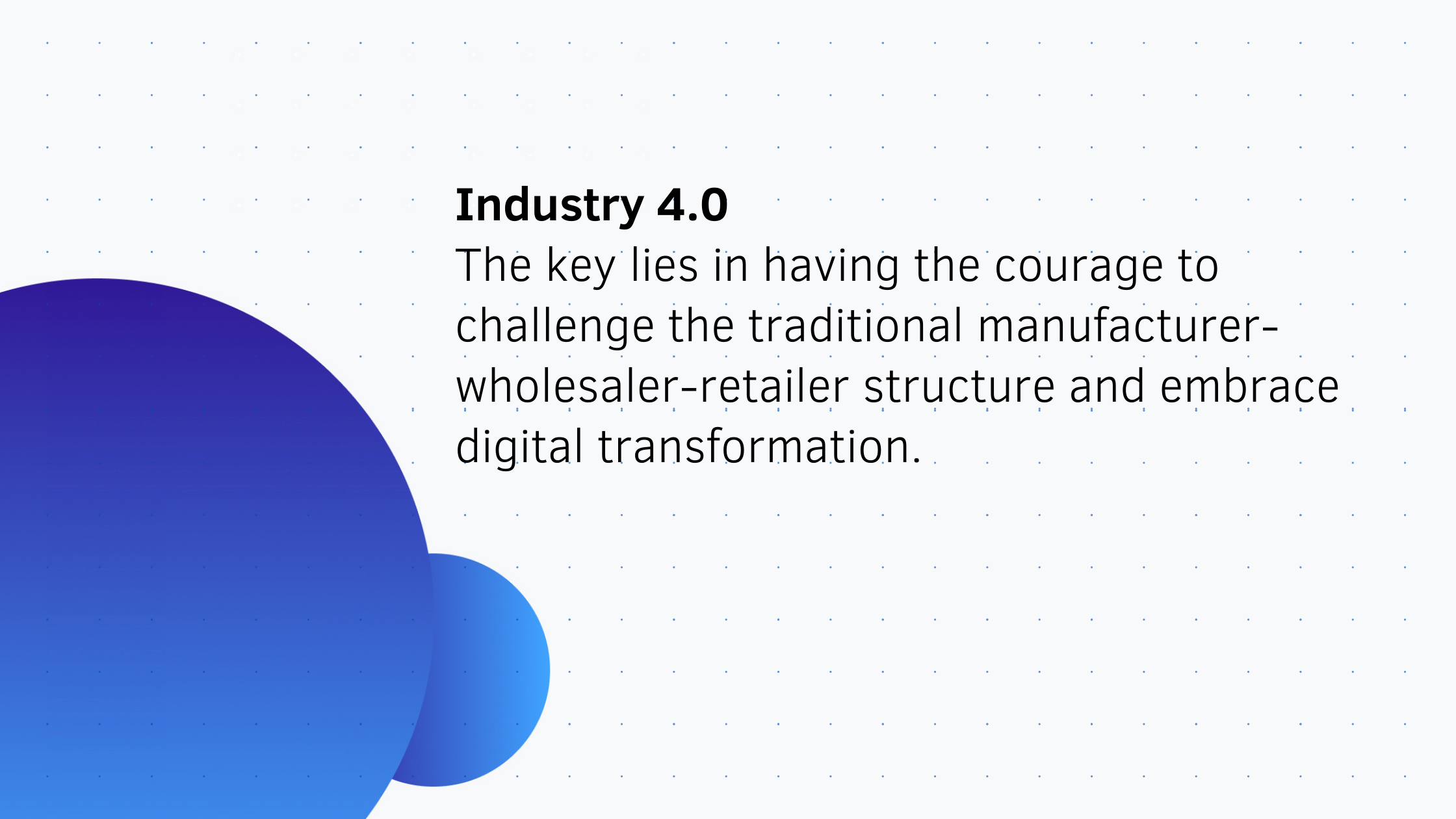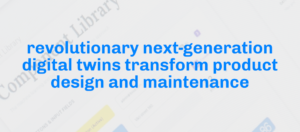As the world embraces the era of Industry 4.0, digital transformation has become a crucial element for businesses seeking to stay competitive and relevant in the modern landscape. However, while the potential benefits of Industry 4.0 are immense, navigating the challenges it presents can be daunting. In this article, we will explore the concept of Industry 4.0, discuss the challenges that businesses face in adopting digitalization, and share some insights gained from our years of experience being an IoT and Digital Twin platform provider.
Understanding Industry 4.0
Industry 4.0, also known as the Fourth Industrial Revolution, represents the convergence of digital technologies, data-driven decision-making, and intelligent automation in the industrial and manufacturing sectors. It is characterized by the seamless integration of cyber-physical systems, IoT devices, artificial intelligence, and cloud computing, creating a smart and interconnected ecosystem.
Challenges in Embracing Industry 4.0
The journey toward Industry 4.0 is not without hurdles, and many companies have faced setbacks in their digitalization efforts. Some of the key challenges include:
- Past Failures: Numerous IoT projects have failed to progress to the commercial phase, leaving companies hesitant to attempt digital transformation again.
- Leadership and Expectations: Lack of sufficient leadership bandwidth and low expectations often hinder the success of digital service projects.
- Core Business Prioritization: Traditional product sales and services can take precedence over digital transformation, leading to delayed initiatives and missed opportunities.
- Competitive Pressure: Companies risk being overtaken by faster digitalizing competitors if they do not embrace digital transformation.
BaseN’s insights on Industry 4.0
With over 20 years of experience in digitalization, IoT, and digital twins, BaseN understands the realities of digital transformation. We recognize that greenfield digital product deployments, where projects start entirely from scratch, are rare. Instead, we often build on previous experiences and fragments of earlier projects to learn and improve.
Our successful customer deployments are rooted in service design, where we transform learnings from previous projects into valuable knowledge. This has also enabled us to create a vast knowledge base of different digital service models. Additionally, we firmly believe that businesses with customers must connect and understand them better, transitioning from traditional product sales to evolving services that continuously incorporate digital components.

The Power of Digital Twins in Industry 4.0
With BaseN’s proficiency in digital twins, numerous customers have successfully developed new digital products alongside their physical offerings. These digital incarnations have even outperformed their physical counterparts, prompting a complete business model makeover.
Moreover, we encourage manufacturers to rethink their customer relationships. While digitalization enhances efficiency in factories and logistics, it also emphasizes the need for managing real customers. Establishing direct connections with customers empowers manufacturers to control the customer experience and explore possibilities for personalized and mass-customized products.
We ask the pivotal question: Are they merely in a fire-and-forget business without a genuine customer connection, or have they taken strides toward truly connecting to their real customers?
It’s fascinating to observe the stark differences in how consumer goods businesses interact with end customers and control the overall customer experience. For instance, industry giants like Coca-Cola exercise immense control over retail shops, dictating everything from product placement to lighting and reporting. In contrast, average dairy producers often find themselves subject to retailers’ rules and pricing, leading to fierce competition for shelf space.
However, there are inspiring examples of companies like John West, a fish producer, who are re-establishing connections with their end customers in innovative ways. By labeling their cans with unique QR codes, customers can access information about the fishing vessel, captain, region of fishing, and sustainable fishing practices. This initiative, though marketing-driven, holds tremendous potential in enhancing the customer experience.
Achieve your goals faster on BaseN
We believe in combining the best of both worlds – adopting a customer-centric approach like John West and exercising control over customer experiences, akin to Coca-Cola. By leveraging BaseN’s proficiency in digital twins and knowledge of next-generation digital twins, manufacturers can regain authority over their end customer base, opening doors to personalized and mass-customized products.
The power that companies like Uber and Airbnb wielded through building digital infrastructures from scratch is now available to manufacturers on BaseN. The key lies in having the courage to challenge the traditional manufacturer-wholesaler-retailer structure and embrace digital transformation.
Get to know BaseN Platform!
Embracing Industry 4.0 is essential for businesses seeking success in the digital age. BaseN’s experience and insights showcase the transformative power of digital twins and IoT technologies. By learning from past failures, challenging traditional structures, and embracing digitalization, companies can navigate the challenges of Industry 4.0 and unlock new levels of efficiency, innovation, and success in the modern industrial landscape.




